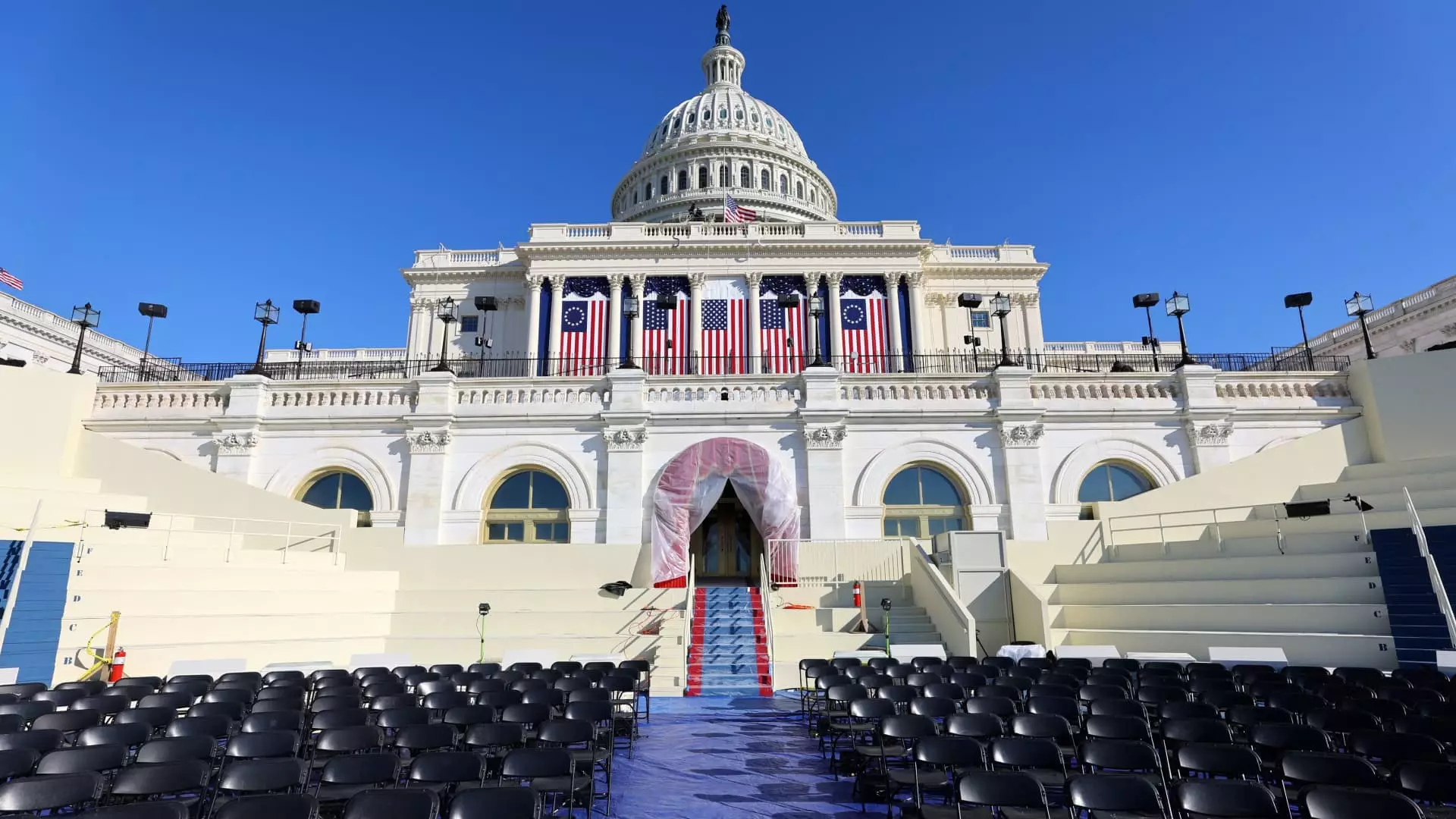In recent years, the intersection of politics and finance has come under increased scrutiny, particularly concerning the money involved in presidential inaugural committees. These committees, tasked with organizing inauguration events, have increasingly become conduits for exorbitant donations, raising important questions about transparency and accountability. As we face another transition of power, it is crucial to address how these funds are being allocated and whether they serve the public interest or simply line the pockets of those in power.
Senator Catherine Cortez Masto of Nevada has been at the forefront of advocating for reforms aimed at enhancing transparency within these committees. Her legislation seeks to implement rigorous disclosure requirements that would mandate the reporting of individual donations exceeding $200, as well as detailed records of how these funds are used. This initiative comes on the heels of staggering figures from previous inaugural committees, with Donald Trump’s first committee amassing an unprecedented $107 million. In an alarming trend, the current committee has reportedly eclipsed that total, raising upwards of $170 million and potentially trending toward $200 million. The staggering sums invite skepticism about their origins and intents, necessitating a call for accountability to the American public.
The driving force behind Cortez Masto’s initiative is the belief that the inauguration should transcend mere celebration; it should reflect democratic ideals and public service. The senator underscored the theme of public enrichment rather than personal gain, echoing sentiments that civil society deserves clarity on the motivations behind substantial corporate donations. Without stringent oversight, there exists a glaring opportunity for cronyism and exploitation, where sizeable donations could be seen as efforts to curry favor with those in power. Transparency is not just a bureaucratic nicety; it serves as a bulwark against the potential erosion of public trust in governmental institutions.
The current framework regarding inaugural committees is notably lax. While donation totals must be reported post-inauguration, there are no binding stipulations governing how these funds are allocated during the planning and execution of events. This lack of oversight spawns uncertainty about how leftover funds are managed. Cortez Masto’s proposed bill addresses this explicitly, advocating that any unspent money be donated to 501(c)(3) charities within 90 days. This move is aimed at channeling excess funds into constructive community endeavors rather than allowing them to become slush funds for political insiders.
As the political landscape evolves, it is essential to recognize the role of corporate interests in shaping governmental processes. The recent surge of donations from corporations and wealthy individuals to inaugural committees underscores the urgent need for stricter regulations. As Senator Cortez Masto and her co-sponsors, including Senators Sheldon Whitehouse and Chris Van Hollen, champion the “Inaugural Committee Transparency Act,” it becomes apparent that the implications of corporate politics extend far beyond monetary contributions. They highlight a broader issue of governance, ethics, and accountability that, without intervention, threatens the integrity of the democratic process.
The push for transparency in presidential inaugural committees is not merely about numbers; it speaks to the heart of democratic values and accountability in governance. As public scrutiny intensifies, it becomes imperative that lawmakers take decisive action to ensure that these moments of national unity remain free from the taint of financial impropriety, ultimately safeguarding the trust of the American people.


Leave a Reply